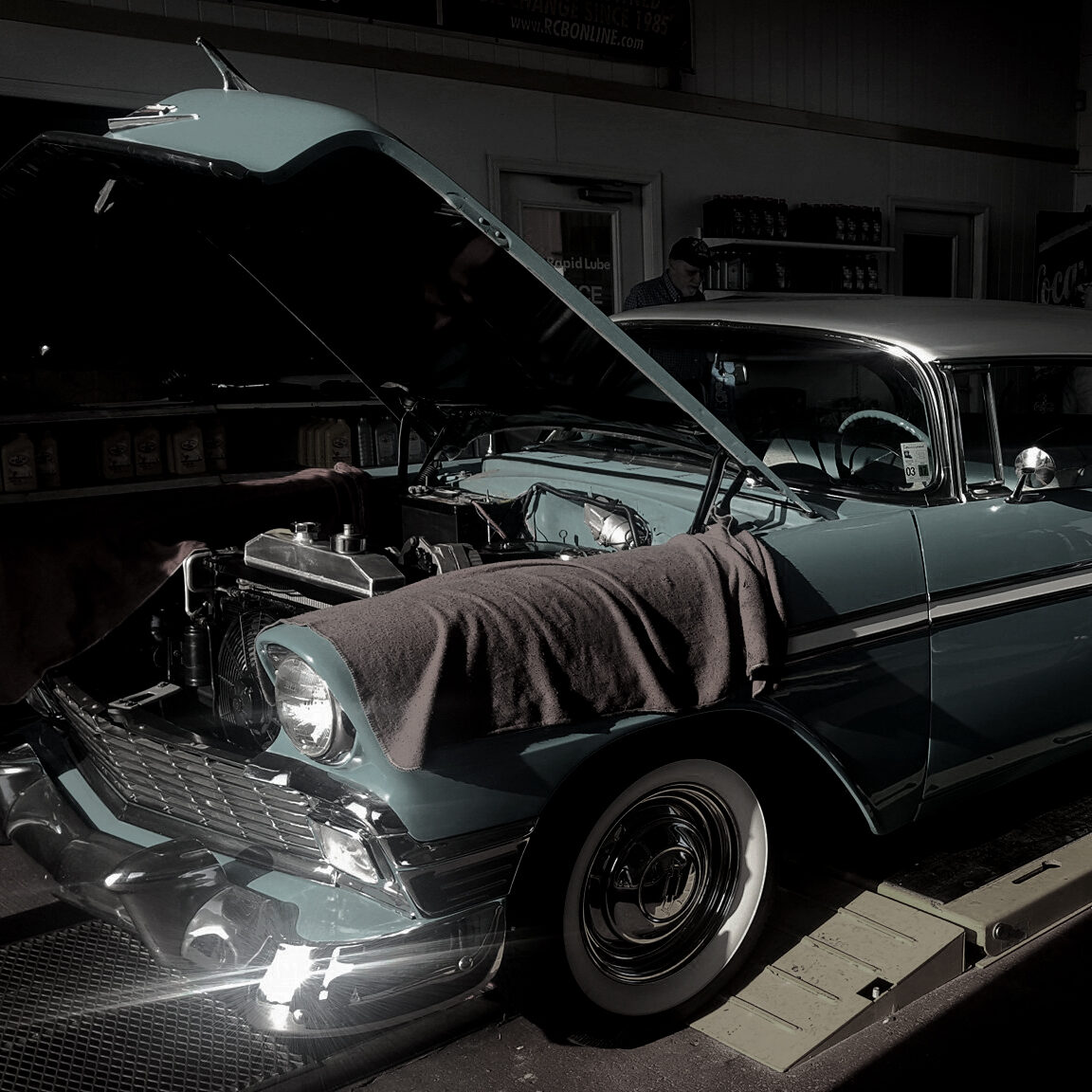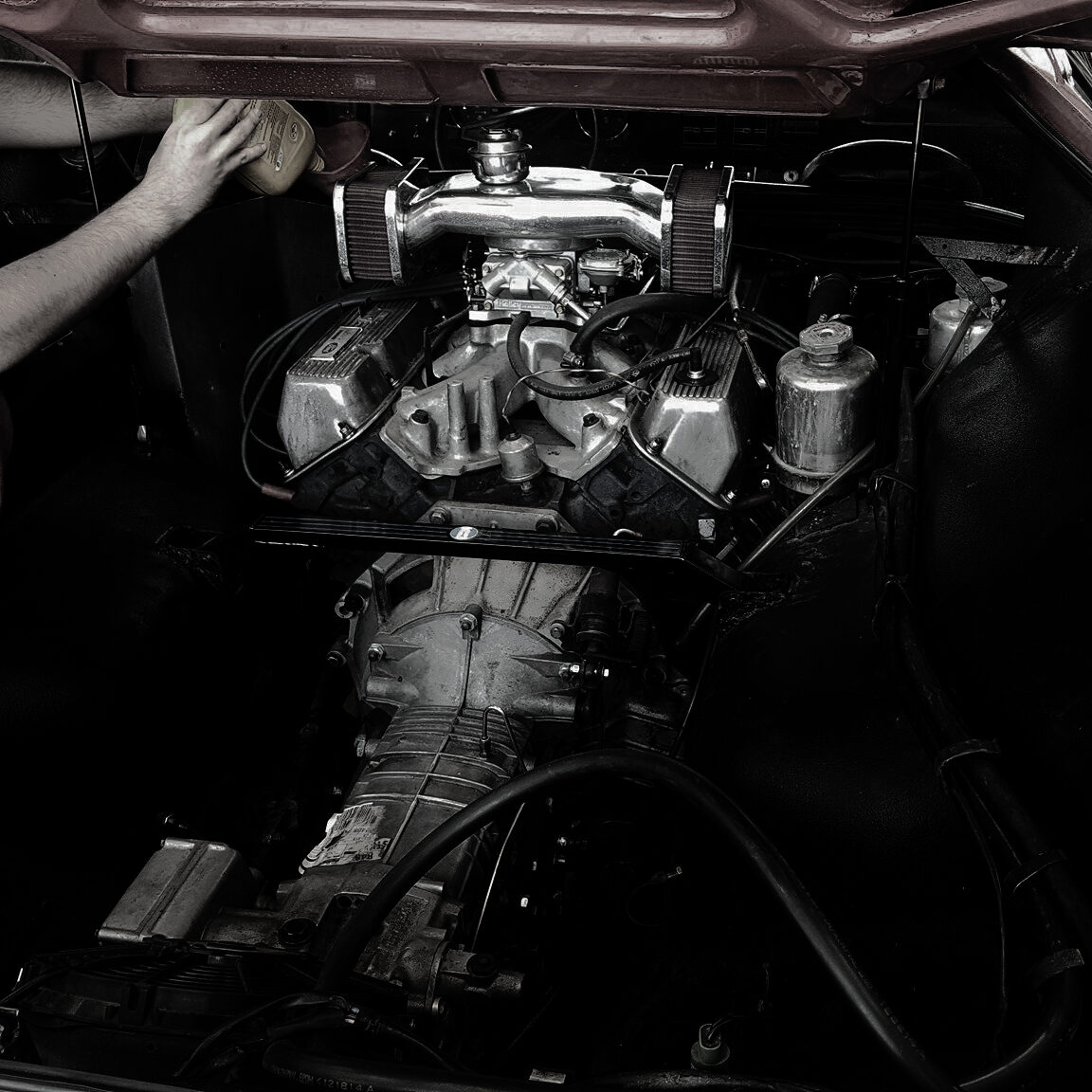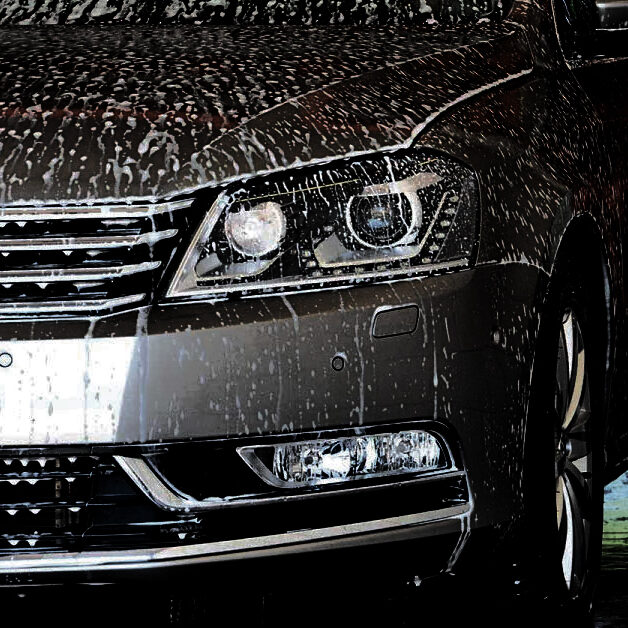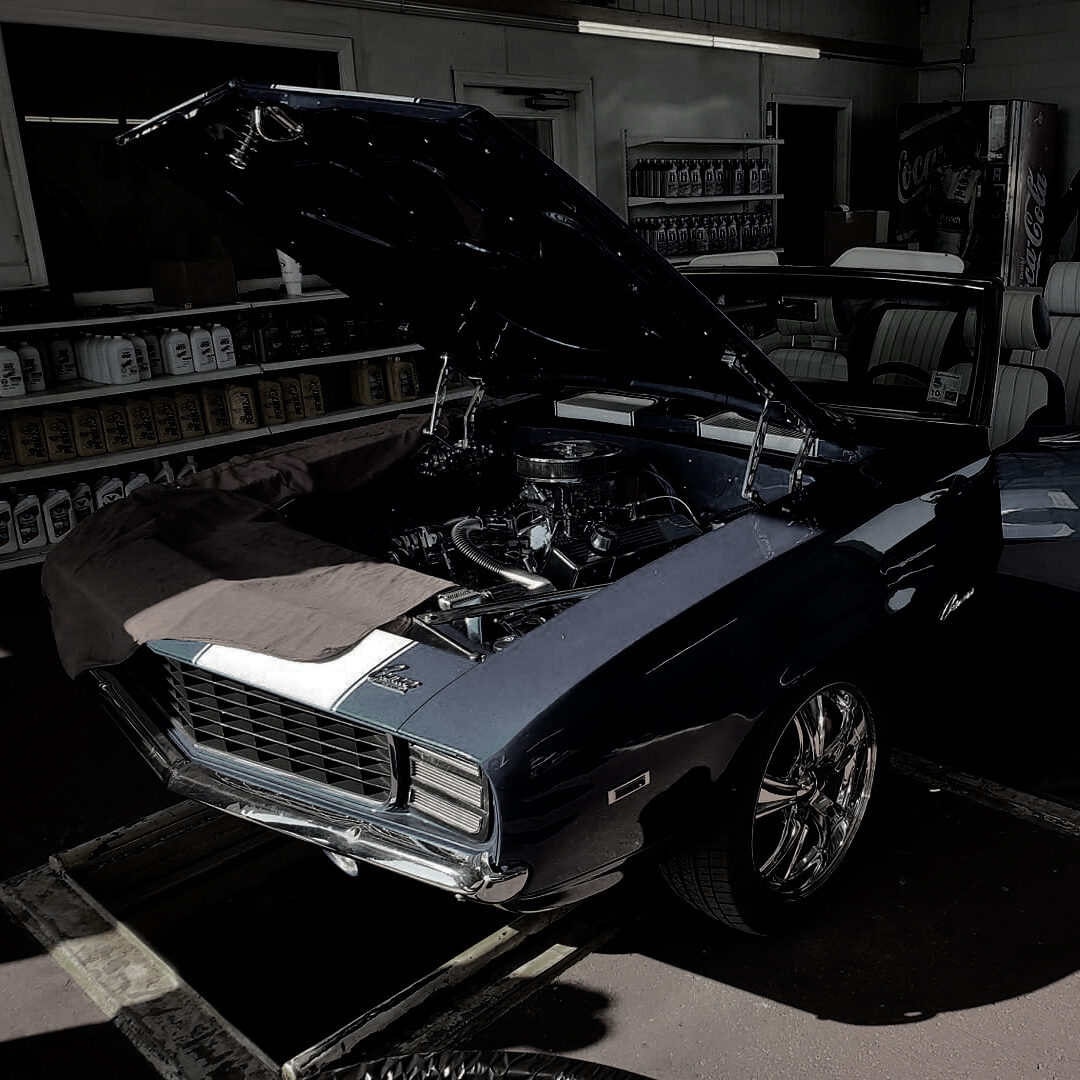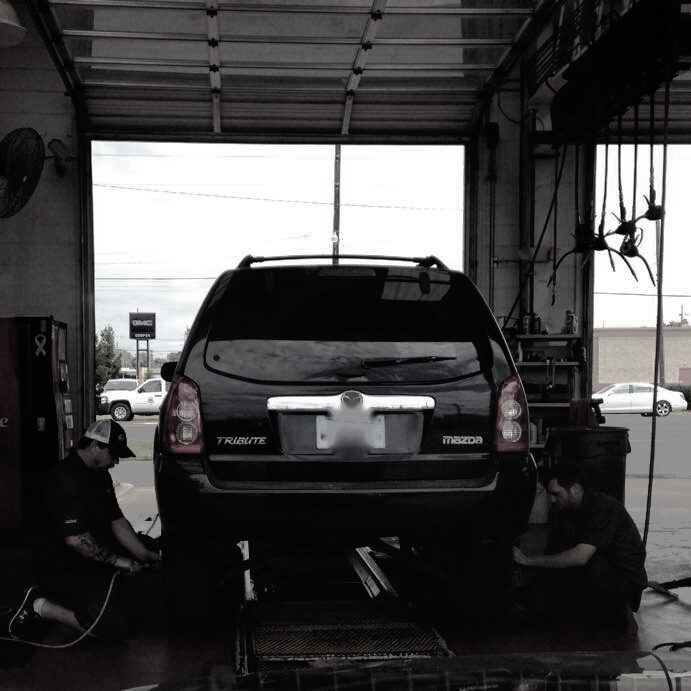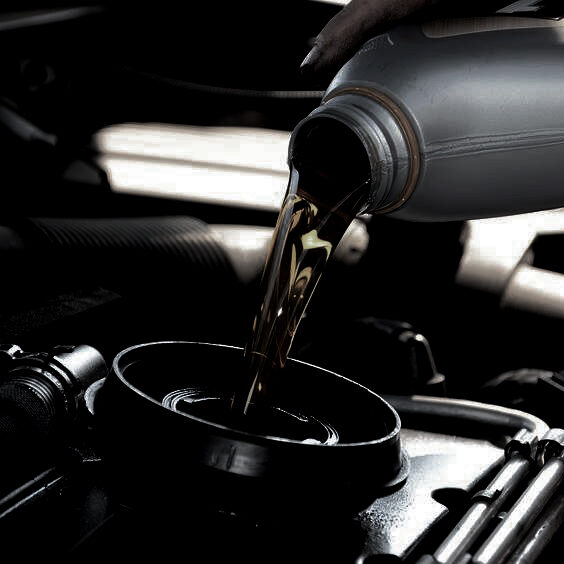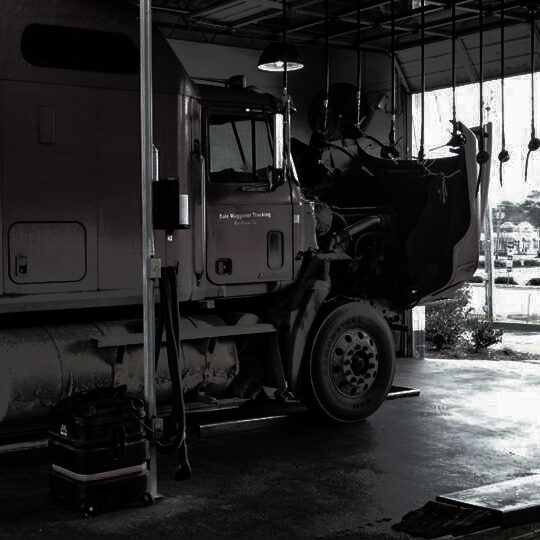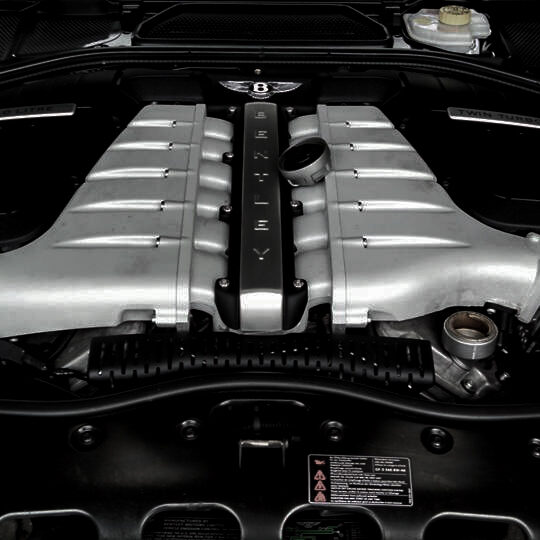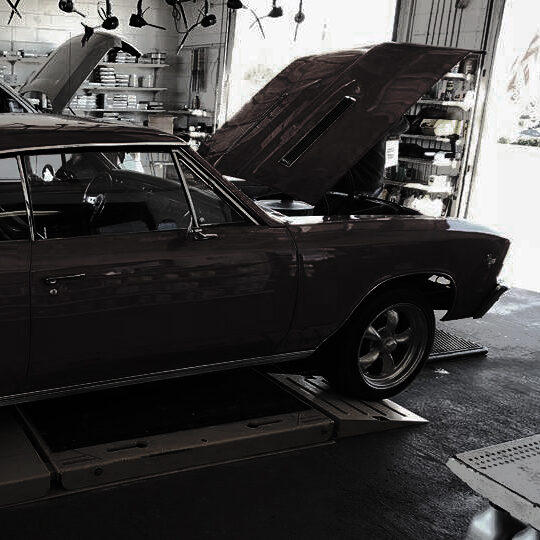Frequently
asked
questions
Why go to Rick Breen’s instead of an auto dealer, mechanic or tire store?
Rick Breen’s service technicians are highly-trained professionals qualified to perform our Famous 18-Point Full-Service Oil Change and other services. Unlike some auto dealers, mechanics or tire stores, our technicians don’t view the oil change as an opportunity to sell you additional repairs you may not need. Of course, our technicians will notify you if they detect a potential problem during the service.
How often should I...
The sludge formed by contaminated oil reduces its ability to protect your engine from rust, corrosion and thermal breakdown. That’s why the manufacturer recommends changing your vehicle’s oil and filter every 3 months or 3,000 miles.
Transmission fluid, like engine oil, needs replacement. Old fluid may oxidize and form acids, varnish and sludge, causing excessive heat build up and internal damage. The manufacturer recommends this service between 15,000 and 30,000 miles.
Old wiper blades can cause accidents by decreasing your visibility, especially in hazardous driving conditions. Over time rubber wiper blades wear down and/or become hard, causing streaking and scratching on your windshield. Most manufacturers recommend installing new blades every three to six months. This will prevent smearing, which dangerously impairs your vision.
If your vehicle is exposed to corrosive materials like salt, sand, and industrial fallout, it should be washed often. The same goes for vehicles in areas with high humidity. Moisture attracts contaminants and promotes a variety of chemical reactions that can destroy your vehicle’s finishes. Frequent washing is essential to the life of your vehicle’s chrome and painted surfaces. In seasons or climates less conducive to corrosion, a wash every two weeks or so is adequate. In areas with acid rain, a wash every seven to ten days is highly advised. Of course, these estimates will vary depending upon whether your vehicle is kept in a garage or out in the elements.
As soon as possible, especially if the vehicle is new. Insect residue and bird droppings form acids that immediately start to eat away a vehicle’s finish.
Caring for your car
Sometimes consumers think or are lead to believe that they must replace filters or other parts with the dealer brand in order to keep their warranty. This is not true. The Magnuson Moss Warranty Act, a federal law, states that a manufacturer may not require the use of any brand of filter or other article unless the manufacture provides the item free of charge.
Synthetic and semi-synthetic motor oils provide a variety of benefits over conventional motor oil, including added increased performance and engine protection, improved gas mileage and increased deposit control. Commuters can use synthetic and semi-synthetic oils to guard against the rigors of today’s stop and go traffic. According to Castrol®, virtually all manufacturers approve the use of synthetic or semi-synthetic oils that meet American Petroleum Institute (API) quality requirements. Only Mazda recommends against the use of synthetic or semi-synthetic oils in their rotary engines due to possible seal damage.
Rust is the oxidation of untreated metal surfaces when they come into contact with the elements. Moisture is the main cause of rust. Since dirt attracts and traps moisture, a dirty vehicle is the instigator of almost all automobile rust, especially in those hidden areas behind the chrome and trim. Only a professional car wash operator has the equipment and know-how to effectively reach all those hard-to-reach places and remove corrosion-producing grime before damage is done.
What you are referring to are black particles that come from areas of heavy traffic. They are gritty, abrasive substances coming off tires as they wear. Also, chemicals from diesel smoke and other emissions in the atmosphere will settle on your vehicle’s surfaces. If this residue isn’t removed immediately, permanent damage to the finish can result.
A slightly low fluid level indicates normal brake pad wear. When the level drops too low or brake pads get worn down, the brake warning light should alert you of potential damage. Topping up the fluid could prevent the light from coming on.
Washing your car
Washing your vehicle at home is extremely harmful to the finish. The average garden hose cannot supply enough water and water pressure with the detergent action to avoid damaging a vehicle’s finish. The University of Texas proved that a single home hand-wash can leave scratches in your finish as deep as 1/10 of the paints total thickness. This important study concluded that automobile owners should avoid washing their vehicles at home. Only a professional car wash can provide the proper amounts of water and water pressure needed along with the appropriate soaps and waxes to safely and effectively clean your vehicle.
No! Rain and snow contain acids that eat away at the paint and finish of vehicles. After acid rain falls on a vehicle, the water evaporates, but the acid remains. Concentrated by sunlight, this acid can become so strong that it will eat through the finish, ruining the vehicle’s paint and appearance.
Tar and certain oils used on roads require extremely strong solvents to remove. Naturally, we cannot use these solvents when we wash your vehicle since just a few washes with such strong chemicals could harm your vehicle’s finish. There are many excellent tar solvents on the market and we would be happy to recommend one to you. A word of caution-follow the directions carefully and wash your vehicle as soon as possible after using such a solvent. The best advice is to let a professional take care of this situation for you.
